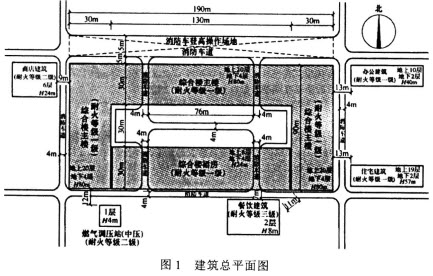The British author Salman Rushdie is selling his personal archive to a wealthy American university. The archive, which includes personal diaries written during the decade that he spent living in hiding from Islamic extremists, is being bought by the Emory University in Atlanta for an undisclosed sum. The move has sparked concern that Britain’s literary heritage is being lost to foreign buyers. The archive also includes two unpublished novels.
Rushdie, 59, said last week that his priority had been to "find a good home" for his papers, but admitted that money had also been a factor. "I don’t see why I should give them away," he said. "It seemed to me quite reasonable that one should be paid." The sum involved is likely to match or exceed similar deals. In 2003 Emory bought the archive of Ted Hughes, the late poet laureate, for a reported $ 600,000. Julian Barnes, the author of Flaubert’s Parrot, is said to have sold his papers to the University of Texas at Austin for $200,000.
Rushdie was born in Bombay (Mumbai) but educated in Britain. His book Midnight’s Children was voted the best Booker prize winner in 25 years and he is regarded as a leading British literary novelist. The sale of his papers will annoy the British Library, which is about to hold a conference to discuss how to stop famous writers’ archives being sold abroad.
Yesterday Clive Field, the director of scholarship and collections at the library, said: "I am pleased that Rushdie’s papers will be preserved in a publicly accessible institution, but disappointed that we didn’t have an opportunity to discuss the acquisition of the archive with him." Rushdie’ said the British Library "never asked me about the archive".
Emory University enjoys a large endowment thanks to a student who became a senior executive at Coca-Cola, and already holds the archives of the poets W B Yeats and Seamus Heaney, as well as Hughes. "Emory seems to be very serious about building a collection of contemporary literature," said Rushdie. "Not only do they have the papers of Hughes and Heaney, but also Paul Muldoon and other writers. I got the sense that they want to collect contemporary novelists as well and it just felt very good to be part of that. "
Rushdie, who now lives in New York, has accepted a position as a visiting fellow and will spend a month on the campus in Decatur, a leafy suburb of Atlanta, every year until 2012. "They asked if I’d ever thought about putting my archive anywhere and, to tell you the truth, until that moment I really hadn’t," Rushdie said.
"My archive is so voluminous that I don’t have room in my house for it and it’s in an outside storage facility. I was worried about that and wanted to feel it was in a safe place. " The papers will be open for scholars to study with one key exception, the "fatwa" diaries that Rushdie wrote under threat of death from Islamic extremists for writing The Satanic Verses. He spent a decade in hiding under the protection of Scotland Yard after Ayatollah Khomeini, then leader of Iran, called the book "blasphemous against Islam" in 1989.
The author may use the diaries as the basis for a book. "I wouldn’t want them out in the open, I want to be the first person to have a go at the material, whether as a serious autobiography or as a memoir. " He was ambivalent about the idea of scholars studying his papers. "The whole thing is very bizarre, you know, it’s like imagining someone going through your underwear. "
The two unpublished novels—The Antagonist, influenced by Thomas Pynchon, the American writer, and The Book of Peer—were written by Rushdie in the 1970s. "The Antagonist was a contemporary London novel, set around Ladbroke Grove where I was living at the time. I think it was embarrassingly Pynchonesque. "Chris Smith, the former culture minister who chairs the UK Literary Heritage Working Group, said: "It is a very sad day for British literature and scholarship. Our literary heritage is arguably our greatest contribution to culture and we should be taking special care to protect that." Andrew Motion, the poet laureate, last week called for the government to remove Vat from unbound papers, which increases the cost of purchases in this country. Stephen Enniss, of Emory University, said: "There is worldwide interest in Rushdie. We are catering for the long-term care of the archive and will welcome scholars from all over the world. \
It can be learned from the passage that the British author Salman Rushdie ______.
A.lived in hiding under the protection of Scotland Yard for a decade
B.had spent the decade living in Scotland Yard until 1998
C.lived in hiding in New York for one decade
D.had moved from place to place since the publication of The Satanic Verses

